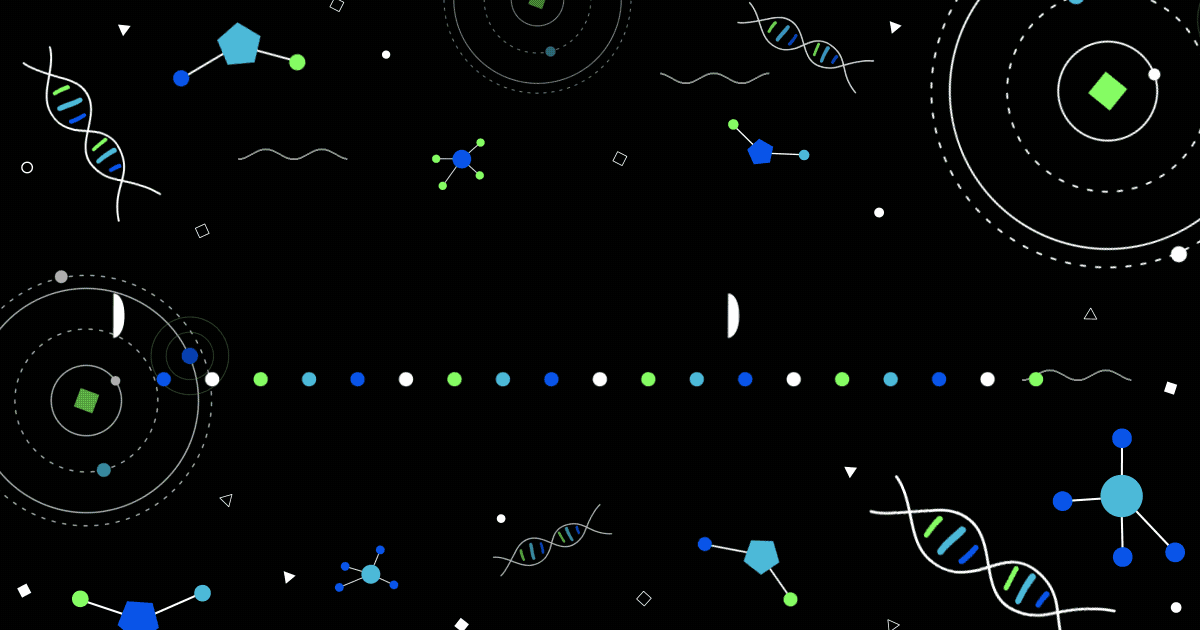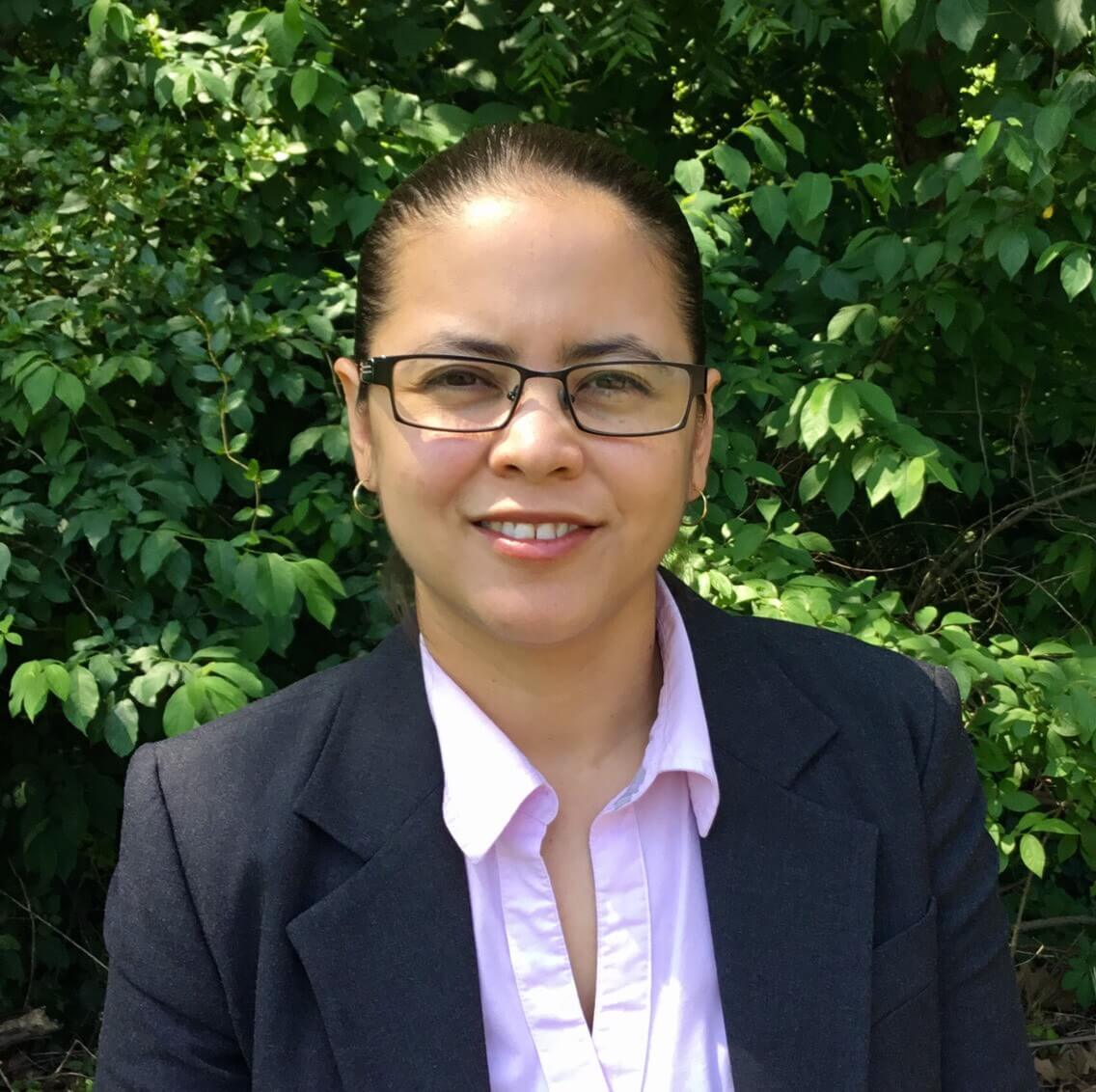Brenda Carrillo-Conde: Unlocking the Power of Connections

Brenda Carrillo-Conde has a talent for conjugation: making connections for the greater good — inside the lab and out. As a principal scientist with Pfizer’s Conjugation and Polytide Process Development Group in St. Louis, Missouri, she spends her workdays using chemical conjugation to improve the effectiveness of vaccines and medicines.
In the lab, conjugation is a process that connects molecules together by a system of strong bonds and has a wide-range of real-world applications. 
“It has a lot of different purposes,” she says. “It can give you more efficient medicine, increase a medicine’s half-life or target the medicine to specific tissues or cells. If you conjugate a protein to a polymer the medicine might stay longer in the body and potentially could thereby result in increased efficacy. In the case of conjugate vaccines you have the potential to generate a stronger immunological response.”
And a desire to see medicines work better is one of the reasons she decided to transition from her life as an academic to pursue an opportunity at Pfizer.
“I really enjoyed academia,” says Carrillo-Conde, who held positions at multiple universities. “But felt like I could have a more immediate impact on people’s lives if I moved to industry.”
Making the move
Originally from Mexico, Carrillo-Conde came to the United States to pursue an advanced degree in chemical engineering, earning her PhD and later serving as a post-doctoral scholar. She thrived in the U.S., but was concerned about how her parents would react to the move. As it turned out, she didn’t need to worry.
“I really don’t think I would be where I am today if I didn’t have the support of my family back in Mexico,” Carrillo-Conde says. “I know it was tough on my parents because I’m their only daughter and their only child to move away, but they have always been totally behind me. They understand my passion for science and have supported every step of the way”
In Mexico, she mostly focused on the environmental aspects of chemical processes within the energy industry. But once she arrived in the U.S., Carrillo-Conde immediately began expanding her scientific interests. Her post-graduate studies helped spur her fascination with the complexity of biomolecules and biological systems, which eventually led her to the field of bioconjugation. In her current role at Pfizer, she is able to apply her engineering background to the development of new bioconjugates. But her time at Pfizer has also exposed her to other aspects of science.
A stimulating environment
“I’m really fortunate because I am exposed to colleagues from multidisciplinary areas that do such amazing and interesting things,” says Carrillo-Conde. “For example, even though my work isn’t directly related to gene therapy, I regularly talk to the people involved in the development on novel gene therapies and it’s amazing to me to learn about what they are doing. They are targeting such complex diseases and are providing renewed hope for patients living with these difficult health issues.”

Brenda soaking in the mountain air and the inspiration from her fellow Aspen Ideas Festival Scholars this June.
But her interactions with people outside of her specialty transcend mere scientific curiosity. Learning about advances in other fields also helps her think about new techniques she can apply to optimize her own processes.
“In gene therapy processes, they are implementing novel flow systems and it makes me think we could also use flow chemistry in our bioconjugation processes to attempt to increase the efficacy and robustness of our manufacturing processes and our products,” she says.
Ultimately, Carrillo-Conde takes her inspiration not only from her colleagues, but also from the challenges she faces in the lab or the manufacturing facilities. As a scientist, she finds these challenges exhilarating.
“The complexity of the molecules I work with means I confront something new every day,” she continues. “But that isn’t a problem. Instead it’s a big part of what makes my job exciting.”
